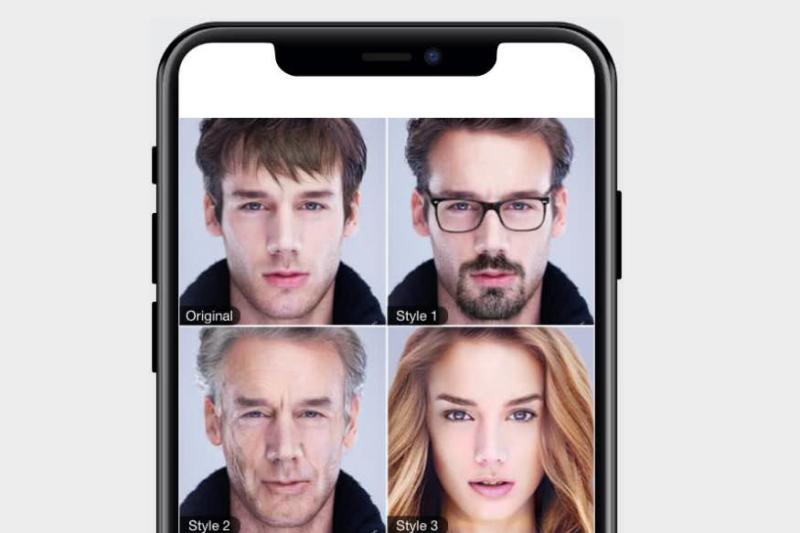
It is a bit perplexing how apps suddenly become incredibly popular in the blink of an eye, even though they may not be doing much. Reminds me of Prisma from some years ago, which at that time claimed to use artificial intelligence (AI) to morph your photos into some sort of artwork which caught the fancy of millions of smartphone users. Here and now, we have something known as FaceApp. What is it? It is an app made by a Russian developer. What does it do? It lets you take a selfie and then you can do all sorts of things thanks to AI—see how you would look with a different hairstyle, different eye color, what you may look like if you were a Hollywood star, whether growing a beard will change how you look and all sorts of similar questions that you had been waiting impatiently to get answers for. Now I know what the #AgeChallenge was all about. Whew.
This is a free to download app, with in-app purchases for additional filters. Freemium method then, must be totally modern. It is available on Android phones and the Apple iPhone. All bases covered then. The numbers are staggering though. More than 100,000,000 users have downloaded this just on the Google Play Store for Android phones. Most would be millennials, I suppose. But has anyone bothered to read the terms and conditions of the app? Yes, that same lengthy document with lots of text that we usually simply skip by tapping on “agree”.
The FaceApp terms start off rather harmlessly. “Our Services may allow you and other users to create, post, store and share content, including messages, text, photos, videos, software and other materials (collectively, “User Content”). User Content does not include user-generated filters. Except for the license you grant below, you retain all rights in and to your User Content, as between you and FaceApp. Further, FaceApp does not claim ownership of any User Content that you post on or through the Services,” it reads. Great then. I own what I share with the app and what I share via the app. Victory for data privacy and data ownership. But hang on.
“You grant FaceApp a perpetual, irrevocable, nonexclusive, royalty-free, worldwide, fully-paid, transferable sub-licensable license to use, reproduce, modify, adapt, publish, translate, create derivative works from, distribute, publicly perform and display your User Content and any name, username or likeness provided in connection with your User Content in all media formats and channels now known or later developed, without compensation to you. When you post or otherwise share User Content on or through our Services, you understand that your User Content and any associated information (such as your [username], location or profile photo) will be visible to the public,” is the subsequent piece of text.
We are not for even a moment alleging that FaceApp developers intend to sell your photos or have any malicious intent. But the wording of the terms and conditions for using the app are definitely a concern. There is nothing to stop the app developers from selling your photo to another party or set of parties. It can then be used for pretty much everything from advertising and training AI algorithms, somewhere in the world. Basically, this Russian company has the right to do whatever it is they want to do with their photos, if they wish to, and you cannot revoke this right. You can’t simply delete your profile from the app as an opt-out method. Once your photos and selfies are on the FaceApp servers, you’ve lost the right to govern them. Even though you own them, at least on paper.
No wonder then that regulators in the US are asking the FBI and the FTC to conduct a federal national security & privacy investigation into the Russia-based company that runs FaceApp.
If the spate of Facebook scandals over the past couple of years have given us a takeaway, it is that your data is not always used for the purposes it was originally intended for. You may or may not know, but your priceless data is helping someone else earn bucketloads of money—your photos, your likes, your location, your browsing history are all a small part of the larger chain. It is often said that once you put something online, it can never truly be erased. That is perhaps why Apple has developed its AI strategy in a way that it relies heavily on running the workloads locally on iPhones, iPads, Macs and more, and not transfer your data to the cloud. Any cloud.
Well, you are sharing your photos with a third-party app. A bit more caution would be prudent.






0 Comments